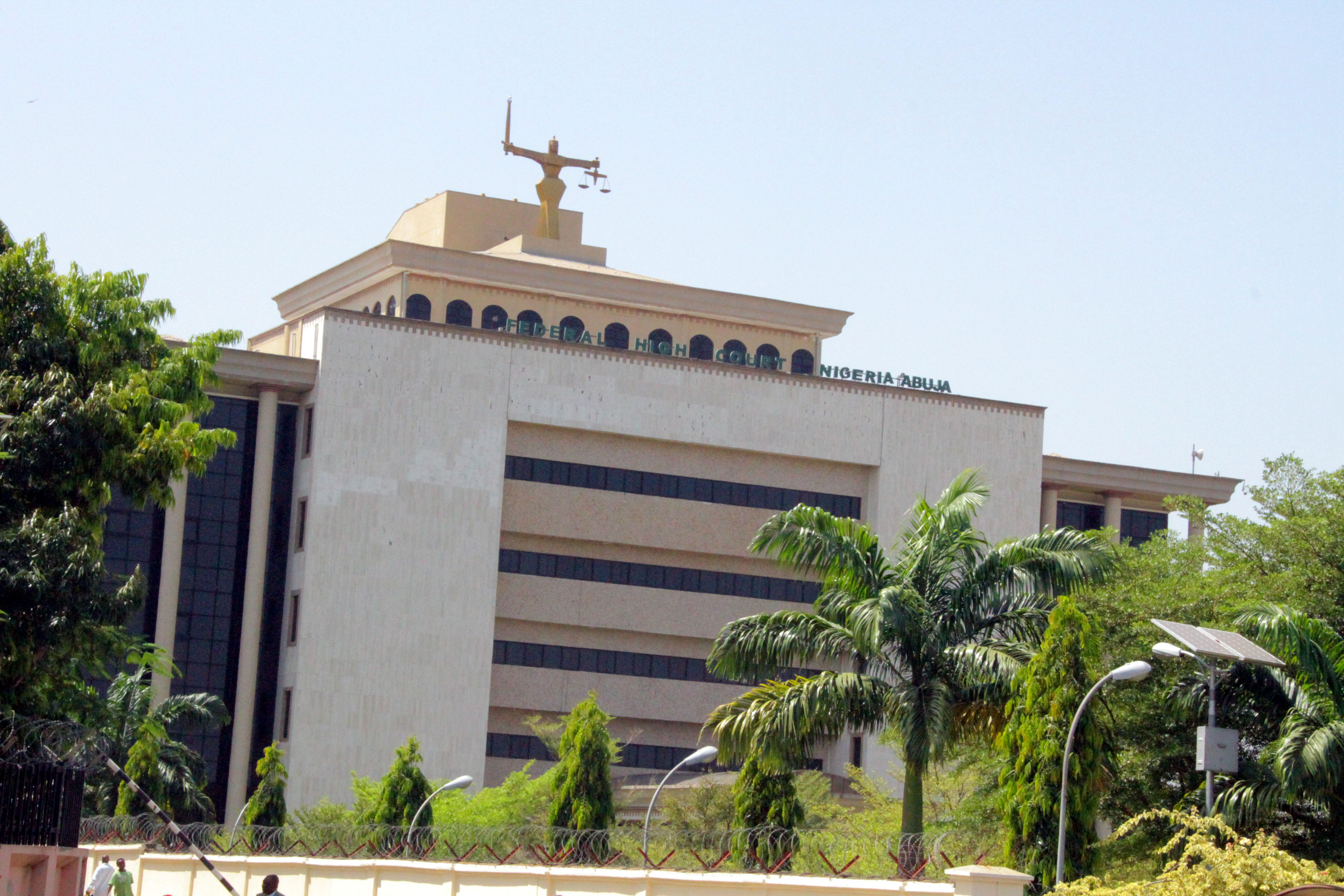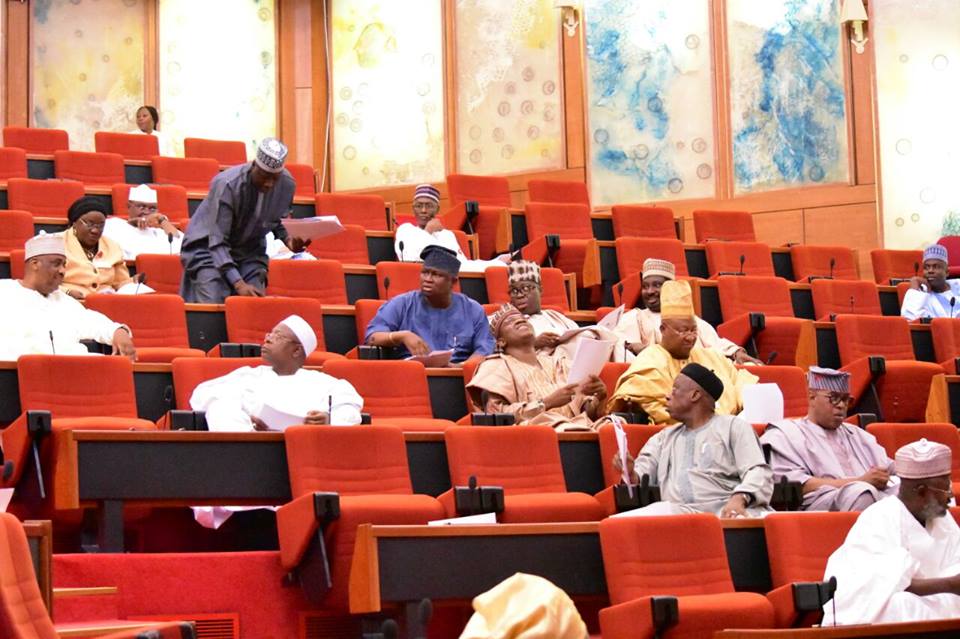A bill to compulsorily take land from Nigerians for the purpose of grazing is still in the national assembly.
The bill, entitled National Grazing Routes and Reserve Bill, 2016, is sponsored by Sunday Karimi, a member of the house of representatives from Mopamuro/Yagba west/east federal constituency in Kogi state.
A similar bill was rejected by the senate in November 2016, but the one in the house of representatives is still “alive”.
Emmanuel Oker-Jev, chairman, house committee on rules and business, told TheCable that the bill had been consolidated, and that it would come up for second reading.
Advertisement
The bill was read a first time on February 17, 2016, at the lower chamber, but it was later consolidated with two other bills — National Grazing Reserve Establishment Bill, 2015 and Cattle Ranching Bill, 2015.
It seeks to establish a National Grazing Route and Reserve Commission “which shall acquire lands in all the 36 states of the federation for the purpose of grazing and ranching”.
THE HIGHLIGHTS
Advertisement
Highlights of the bill from the Policy and Legal Advocacy Centre (PLAC) show that Part I contains provisions on how the commission is to be established, its officers and their tenure, funding and administration.
Section 1 establishes the commission as a corporate body capable of suing and being sued, and capable of acquiring property.
It situates the headquarters of the commission in the Federal Capital Territory (FCT), Abuja, and it requires state governments to provide land for offices in the states under the ministry of agriculture or lands.
On funding, Section 6 provides that the federal government will establish a fund for commission. This fund will be used to take care of the running costs of the commission, reimburse its members, pay salaries etc. The director-general will be the chief executive and accounting officer of the commission.
Advertisement
Part II of the bill states the functions of the commission in Clause 11 to include: Establishment, management, maintenance and control of cattle routes, farm camps and grazing reserves in different parts of the country; prescribing persons who may use the grazing reserve, number and type of stocks that may be permitted therein; provision of grazing permits and prescribing fees for usage of the routes and reserves and activities that may be carried therein, and regulating conditions of entry, imposing penalties for breach of its regulations, and prosecuting those in breach.
It further gives the commission the power to demarcate or to advise on the boundaries of the grazing route and reserve.
Paragraph 2 of Clause 11 adds that the grazing reserves will, in the long run, emerge as ranches.
Part III of the bill makes provisions on land. For example, it prohibits unauthorised entry into a grazing reserve or route, and unauthorised transfer of rights of such land, loss of rights to such land where it has not been exercised for 10 years and closure of rights of way or watercourse where it deems fit.
Advertisement
Part IV details the procedure for acquiring grazing routes and reserves and it includes: A physical/geographical analysis of the land use to ascertain the best locations within the states for such routes or reserves, and that the 36 state governors cooperate with the commission to accomplish this objective.
The bill requires governors to transfer identified land to the commission for use as grazing land. The governor shall then issue an order stipulating the limits of the land acquired and the interest transferred.
Advertisement
The bill also provides for notices to be issued or served on affected citizens.
Clause 21 of the bill mandates the commission to pay “the compensation necessary” to persons and communities whose interest in the land are affected by the transfer.
Advertisement
REJECTION BY THE SENATE
On November 9, 2016 the senate rejected a similar bill, entitled ‘National Grazing Reserve Agency Bill, 2016, sponsored by Rabiu Kwankwaso, from Kano state.
Advertisement
The bill also provided for the acquisition of land in all the states for the purpose of grazing.
However, Chukwuka Utazi, a senator from Enugu state, brought a counter-bill seeking to regulate the movement of cattle across the states. Barnabas Gemade, a senator from Benue state, also sponsored another bill seeking to establish ranches.
But Ike Ekweremadu, deputy senate president, spoke against the bills, saying the national assembly had no power to legislate on them.
“The issues at stake here are neither in the exclusive list nor in the concurrent list,” he had said.
“I believe therefore that it is a residual matter. It is for states to decide how to deal with it. I believe the matter here concerns everybody, given the level of carnage and the conflicts going on in different states. So, I feel the concern of my colleagues but unfortunately we do not have powers to legislate on matters relating to livestock in this assembly.
“It is a matter reserved for the states. So, I believe that the bills for senators Kwankwaso, Gemade and Utazi are beyond the reach of this national assembly and should be accordingly withdrawn so that the states under the constitution should be able to deal with the matters which the constitution has prescribed for them. I will like to see somebody to show me anywhere in the exclusive list or concurrent list that has given us powers to legislate on this matter because they are not in existence.”
Add a comment







